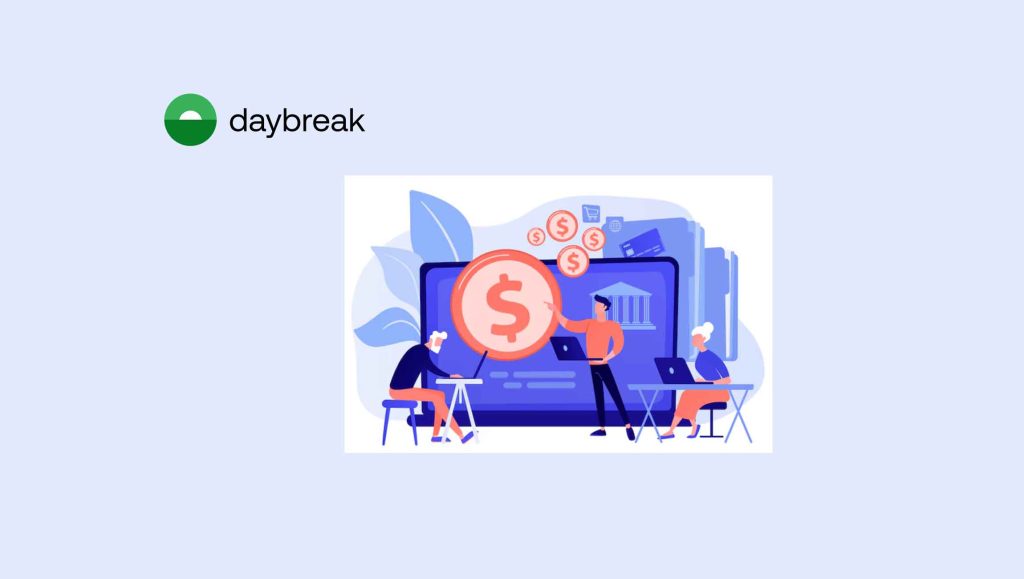Mintel, the experts in what consumers want and why, has announced five trends set to impact global consumer markets in 2023, over the next five years and beyond. Centred around seven core drivers of consumer behaviour—Identity, Rights, Surroundings, Experiences, Technology, Wellbeing and Value—the trends are:
- Me Mentality: Consumers will be eager to re-focus on themselves and brands can help them take centre stage.
- Power to the People: Brands have to make room for a new ‘c’ in their c-suite as, consumers are investing, co-creating and voting for change alongside brands.
- Hyper Fatigue: Consumers will try to cut through the noise and connect with what matters to them.
- International Localism: Buying local will be a way consumers can protect themselves financially, environmentally and psychologically, and feel that they are giving back.
- Intentional Spending: Factors like flexibility, durability and sustainability will play increasingly important roles in consumers’ value equation.
Simon Moriarty, Director of Mintel Trends, EMEA, comments on how the trends will impact markets, brands, and consumers in 2023 and beyond:
“In recent years, consumers have had a community mindset, putting their own needs on the back burner to prioritise public health and safety. People are now emerging from the pandemic eager to re-focus on themselves.”
“As consumers look to build up new parts of their identity, brands can help fill in the gaps with offerings that help them grow their skills and gain mastery in new areas. Brands should know that demand for mental health and wellness-focused products will grow as consumers look to understand their blind spots. Looking further down the road, consumers will use the metaverse to develop unique identities that match their digital surroundings. This will result in fragmented identities online. With this, there will be a stronger movement toward data privacy and consumer protection as consumers’ digital footprint becomes more robust and layered.”
“Brands have to make room for a new ‘c’ in their c-suite: consumers. Consumers are shaping brands with their dollars and their voices. Beyond conceding that ‘the customer is always right’, this will be an evolution where consumers are investing, co-creating and voting for change alongside brands. Responding to this demand requires brands to listen and react while keeping market innovation a priority.”
“NFTs and Web3 communities are opening up new channels for consumers to invest, giving them a way to own a piece of a brand and directly connect with a brand’s overall success and growth. In the future, brands will increasingly cater to the niche identities of loyal consumer investors, fragmenting large, legacy brands into smaller, more targeted business units.”
Read More: Raymour & Flanigan Selects ChargeAfter To Power Point-Of-Sale Financing Online And In Stores
“Moving from crisis to crisis, consumers are being stretched in many directions while being bombarded with media stories and digital content. The pandemic, rising cost of living, energy crisis, geopolitical unrest, and climate crisis are taking their toll, leaving consumers feeling overwhelmed.”
Simon continued. “Consumers will find meaning and solace in reconnecting with their surroundings, their communities and themselves. Charitable and community initiatives born out of inspiring brand collaborations will play an intrinsic part in countering fatigue levels, empowering people to take control, and helping them build a positive outlook amid financial adversity. In the next five years, expect brands to establish boundaries to bring order to the influx of information and initiatives to enable consumers to form healthy connections with resources in the technology, wellness and leisure spaces.”
“With so much global uncertainty there will be a greater movement to protect local resources and boost local business. This is a hangover from the pandemic, but also a reflection of consumers’ changing attitudes towards what’s important to them—a reconnection with ‘local’ is also a way for consumers to protect themselves financially, environmentally and psychologically, and feel that they are giving back in some way.”
“Consumers will respond instinctively to home-grown innovators and brands that stamp their authenticity on the items they produce and sell. ‘Localism’ will come to mean supporting communities where the product is manufactured rather than where the consumer is located. Over the next few years, consumers will demand the traceability of raw materials and more transparency around how brands are conserving local resources.”
Read More: SalesTechStar Interview with John Winner, CEO at Kizen
“Consumers are refocusing on what value means to them and spending more intentionally as a result. In a tough economic environment, consumers want to make smart financial choices without sacrificing their quality of life.”
“Expect a stronger focus on durability, flexibility and timelessness as consumers seek to buy less and own products that last longer and serve multiple purposes. As the market becomes further saturated with added-value claims, consumers will grow more sceptical and discerning. In the next five years, expect to see purpose-driven brands emerge with innovations that address long-term challenges faced by the industries, nations, and communities in which they are a part”. Concluded Simon.





















